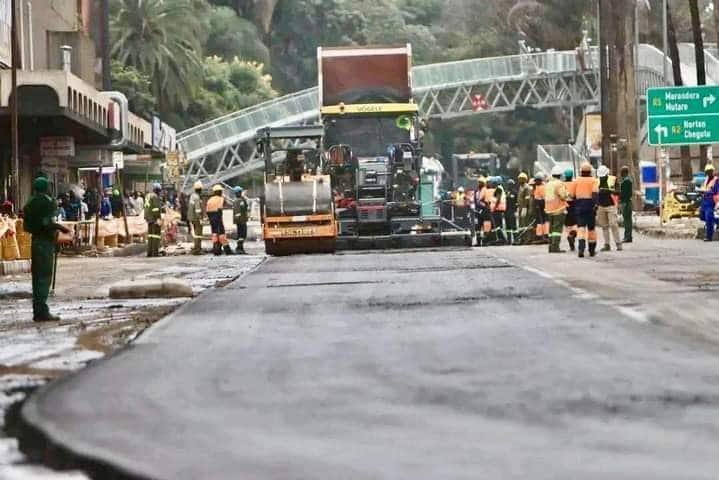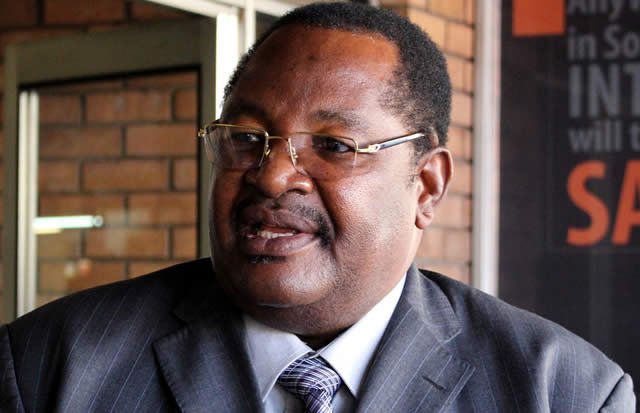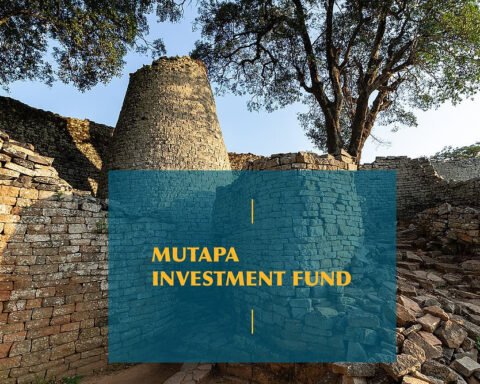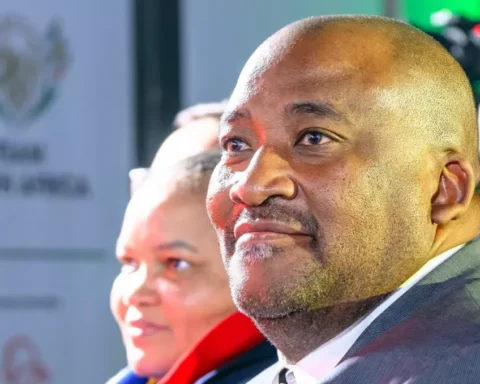Zimbabwe is actively working to improve roads leading to the venue of the upcoming 44th Southern African Development Community (SADC) Summit, but critics remain unimpressed. Scheduled for August this year, the summit will witness President Emmerson Mnangagwa assuming the role of chairman for the bloc. It holds the promise of enhancing global recognition and bolstering Africa’s international relations. The anticipation surrounding the summit, following Zimbabwe’s disputed election in August 2023, has spurred the government into action. Some roads, previously devoid of potholes, are now being revamped. The last SADC summit was held in Luanda, Angola.
The 16-member state summit will convene at the new Parliament in Mount Hampden, approximately 25 kilometers northwest of Harare. The reconstruction of the 25km stretch from Julius Nyerere Way via Bindura Road reveals the government’s eagerness to accommodate the expected delegates.
Instead of addressing the city’s crumbling infrastructure, characterized by neglected roads filled with potholes, the government has launched a targeted paving initiative. Priority is given to roads leading to luxury hotels, where delegates will stay, and those connecting the airport to the main convention center. Workers labor under the scorching sun, hastily laying new tar, while major thoroughfares frequently used by ordinary Zimbabweans continue to deteriorate. For years, the city’s roads have served as battlegrounds of potholes, each one a stark reminder of years of neglect. However, with esteemed delegates soon to arrive, a flurry of activity has commenced in specific areas. This selective approach to road repairs has incited outrage among Harare residents.
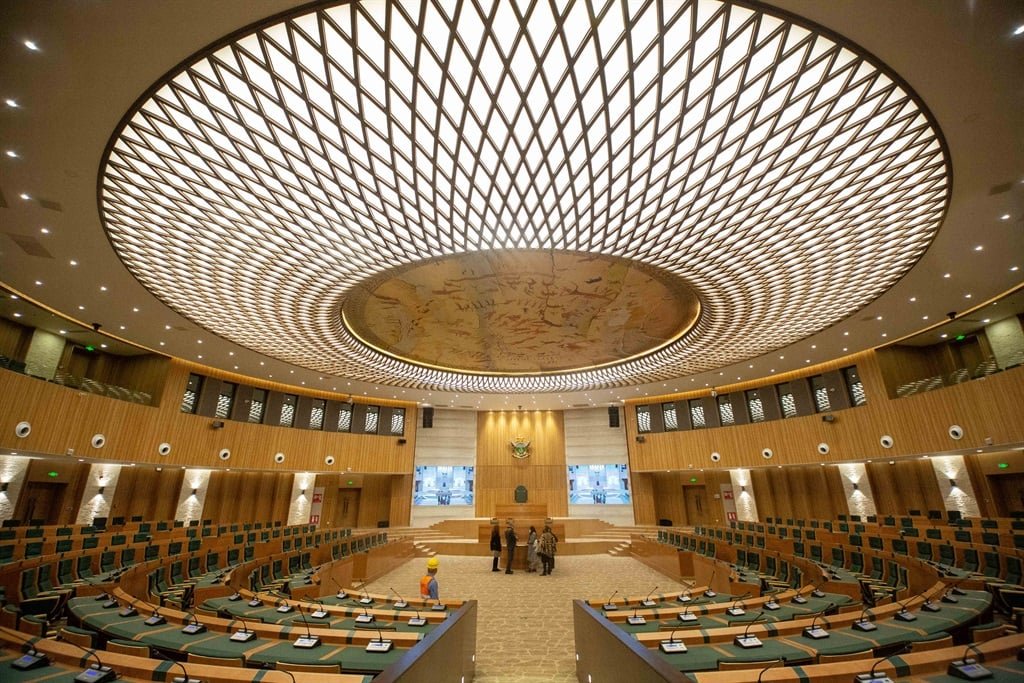
“They only care about these roads because they are expecting to host top delegates,” remarked Tinotenda Kichini, a pirate taxi driver, pointing to Julius Nyerere Way under construction.
“I live in Waterfalls, and I drive along First Street every day; the road is in a terrible state.
“You can’t stick to the left when driving; instead, you have to navigate where there’s a small patch of road.
“Honestly, many roads in Harare urgently need attention.
“I fail to understand why Julius Nyerere Way, a road without a single pothole, is being reconstructed.
“It’s disheartening to see a well-built road from years ago being replaced with substandard construction!”
Vice-President Constantino Chiwenga informed a recent Cabinet meeting of significant progress in rehabilitating roads leading to the new Parliament. The presentation indicated that most preparatory works are underway, with completion expected within the scheduled timeframe.
“The private sector, including small and medium enterprises, is encouraged to participate in the various committees involved in preparations for the successful hosting of the summit,” Chiwenga’s presentation stated.
The lingering question is whether this sudden burst of road repair enthusiasm will extend beyond the sanitized summit routes or revert once the delegates depart. A survey by NewsDay revealed that most roads where top government officials reside and other business moguls associated with Zanu PF were renovated. One notable example is the 5th Extension Drive to Zimbabwe House. The well-maintained road stretches from corner Josiah Tongogara and ends precisely at the State House gate, covering about 200 meters.
Critics ridiculed the government’s last-minute beautification efforts, citing misplaced priorities.
“The government is making a political move to impress the regional body for just three or four days,” commented Gift Mugano, an economics professor.
“Zimbabwe lacks the capacity to rehabilitate roads at the pace they’re attempting. This year, revenue inflow is constrained due to drought, significantly impacting the fiscal space for the Finance Minister. Limited transactions across various value chains result from the drought.
“To compensate, the Finance Minister is imposing as many taxes as possible to boost revenue.
“In my analysis, the Treasury might run a budget deficit of 10% of the gross domestic product, equivalent to nearly US$3 billion.”
Mugano criticized the government’s misplaced priorities.
“If they truly aimed to impress, they should prioritize Zimbabweans by ensuring adequate medical supplies in hospitals,” asserted the economics professor.
Mugano also disclosed to NewsDay that some of the roads being revamped had no potholes.
In his 2024 National Budget, Finance Minister Mthuli Ncube allocated ZWL$1.2 trillion to the Transport Ministry to facilitate infrastructure rehabilitation and construction, including roads, ports, airports, and the revival of the National Railways of Zimbabwe.
Political analyst Rashweat Mukundu remarked, “While the quality of work raises questions, what’s evident is Zimbabwe’s ability to rehabilitate infrastructure swiftly.”
“The rapid changes in infrastructure, particularly in Harare, not only indicate resource availability but also the absence of a crucial element for national development: political will.”
Mukundu stressed the need for the government to revamp roads nationwide.
“Countries overcome infrastructure decay when there’s political will,” he observed.
“The focus should be on the cost-effectiveness of the approach used, considering the political patronage and affiliations of those involved with the ruling party.
“Nonetheless, there’s clear evidence that Zimbabwe has the capability to rehabilitate its roads.”
